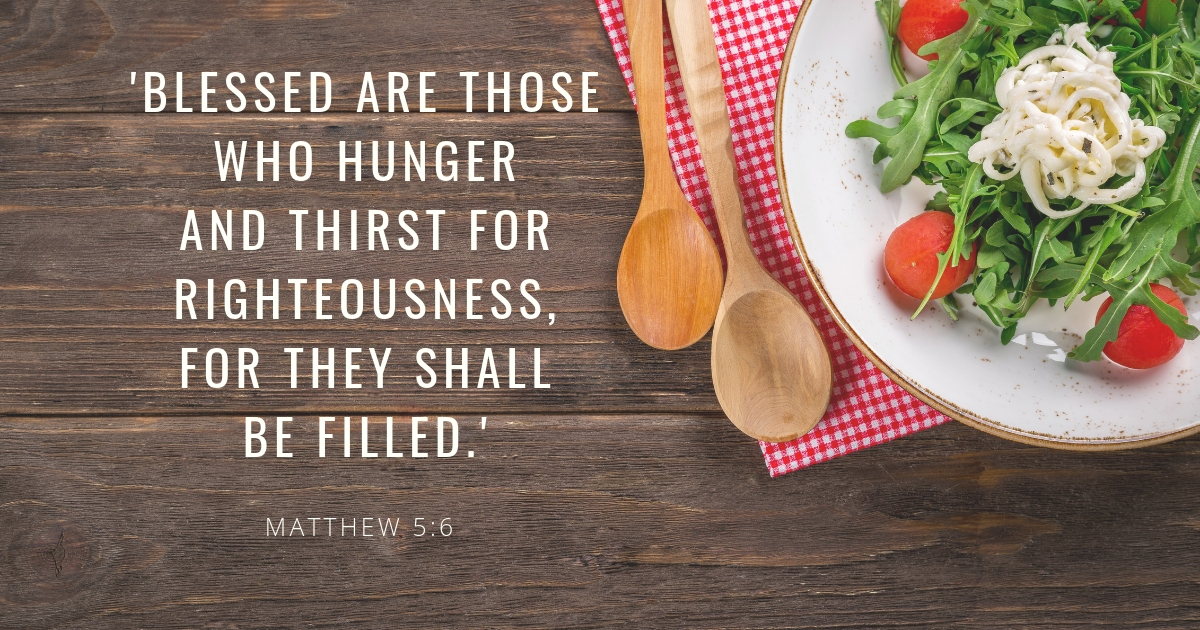Lenten Devotional – Mon, Mar 8: HUNGRY
In the Gospel of Luke, the blessing extended by this Beatitude is offered to the appetites of the body. “Blessed are you who hunger now, for you will be satisfied.” Yet the author of Matthew deliberately deepens and extends the intention of Christ’s blessing. He suggests that it is given to those who hunger for righteousness. […]


